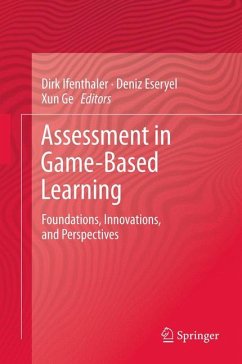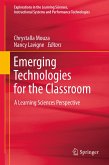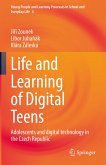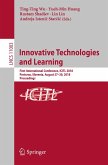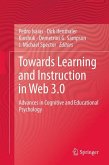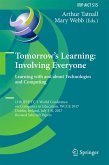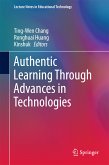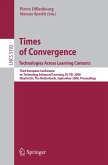However, how do we know students have learned in games? What do we assess, and how do we assess students' learning outcomes in a game-based learning environment? After a critical literature review, the authors discovered that there is a missing link between game-based learning and game-based assessment, particularly in assessing complex problem solving processes and outcomes in a digital game-based learning environment.
This edited volume bridges the gap by providing that missing link. It covers the current state of research, methodology, assessment, and technology of game-based learning. The contributions from international distinguished researchers present innovative work in the areas of educational psychology, educational diagnostics, educational technology, and learning sciences. Included chapters are organized into three major parts: (1) Foundations of game-based assessment, (2) technological and methodological innovations for assessing game-based learning, and (3) realizing assessment in game-based learning. It provides theoretical research, translational resaerch, and guided practice---all in one volume. This book will prove invaluable to anyone who is performing research or working the the field--it provides a springboard from theory to practice, offering a map for anyone hoping to implement game-based assessment into their institution as well as to primary researchers and developers.
Dieser Download kann aus rechtlichen Gründen nur mit Rechnungsadresse in A, B, BG, CY, CZ, D, DK, EW, E, FIN, F, GR, HR, H, IRL, I, LT, L, LR, M, NL, PL, P, R, S, SLO, SK ausgeliefert werden.
"When applying video game technology to an educational process, one must ask how we know it is effective. Addressing that question is what this book is about. The book is an edited collection of 21 chapters divided into three parts ... . Three outstanding strengths of the book lead me to highly recommend it. ... This book would be of greatest interest to educators, academics, and researchers in game-based learning. ... it will also provide valuable perspectives for video game designers." (J. M. Artz, ACM Computing Reviews, October, 2012)

